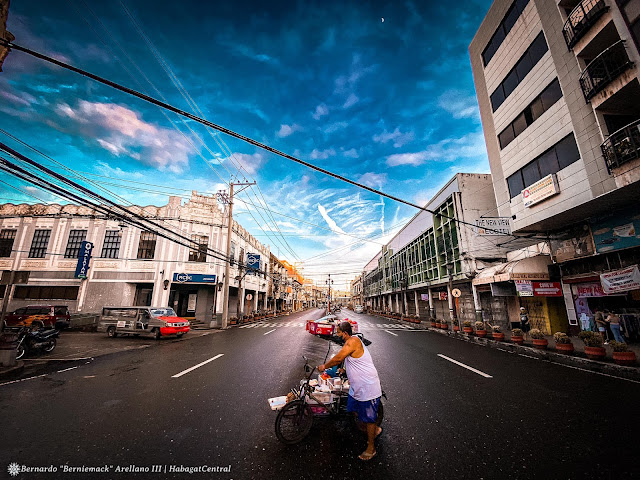Nostalgia: Inspiring, Intoxicating
Nostalgia—it’s either a powerful mean to inspire and learn from our past, or a dangerous cherry-picked reimagination that either leads us to escapism or deceptive notions of “glorious past.”
The feeling of nostalgia is warm, fuzzy, and sometimes emotional. We get to remember the good things that happened in the past as we confront our present lives. Ang panandaliang pag-alaala ng nakalipas somehow gives a sense of sanity and a break from the challenges that we are facing. Nakakapagod isipin ang ngayon, kaya tumitingin tayo sa nakaraan. It is also a means to learn from our history—on what we learn about the past and what “good things” can be brought or at least modified in the present. In one thing or another, we can learn a thing or to. It is empowering us to face the challenges that we face in our daily lives.
However, this warm and fuzzy feeling may also lead us to escape our present. Rather than confronting, there is a tendency that nostalgia itself can be addicting on which some led to dangerous assumptions of power. Unlike learning history, nostalgia has a tendency to silence the inconvenient truths, the mundane facets of the past, and the “not so pretty” environment it has. We turn a blind eye on the historical context—of everyday lives and challenges our ancestors or us confront back in the day. It’s like we remember how it feels so good to be in our concert, but we do not reminisce how hard we work for us to get our tickets and the inconvenience of going to the venue. We somehow escape the mundane through the past.
“The past is all glorious, the present is a trash.” While it does serve as an inspiration, it can also be used by those in power as a means of inspiring a “nation can be great again.” I’ve read some random posts online and posits that “back in the day, it was all glorious and perfect.” However, it disregards some facts that the “glory and perfection” perceived were or may be products or outcomes of oppression and liberties. Nostalgia has a tendency to omit the unsightly, the mundane, and the unconventional. Sometimes nostalgia is served with historical amnesia—nakakalimot sa ibang bahagi ng nakaraan.
While I leave the other academic discourse of nostalgia to our colleagues in the academia, in my perspective as a student of history and geography, my advise is that we take nostalgia as something that can help us learn from the past and a means to take a break or breather in the everyday challenges that we have. HOWEVER, we should also be aware of how dangerously addicting it may be—na dapat di tayo malulong dito hangga’t maaari. I am not sure if similarity of it is like alcohol addiction.
Kailangan din natin makilala at maunawaan ang tinatawag nating historical context o ang mga detalye—mapa-di kanais-nais man o pang-araw-araw (mundane/slice of life) man ito—para mas maunwaan natin sa kung ano ang itinuturo sa atin ng nakaraan. Ang malulong sa nostalgia ay iisang uri ng eskapismo. At maaari din itong gamitin bilang sandata o paraan ng iilang makapangyarihan upang itulak ang kanilang agenda.
Nostalgia moderately, ika nga.

